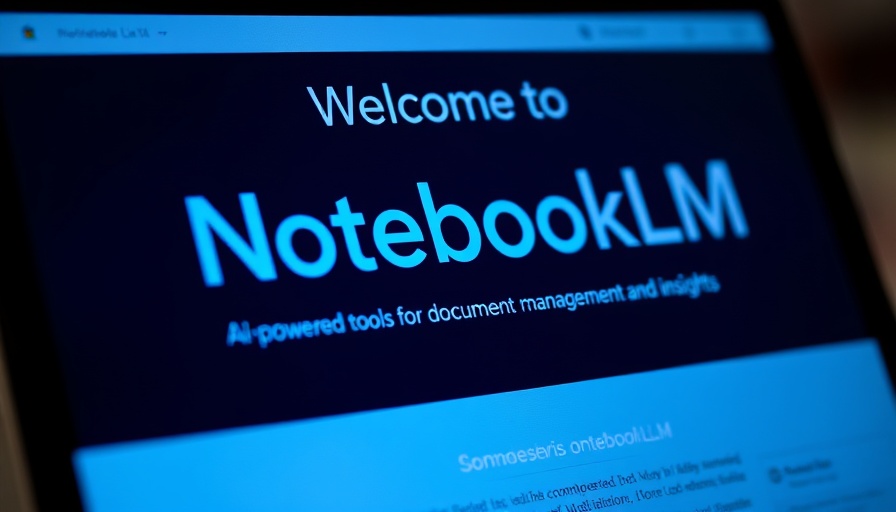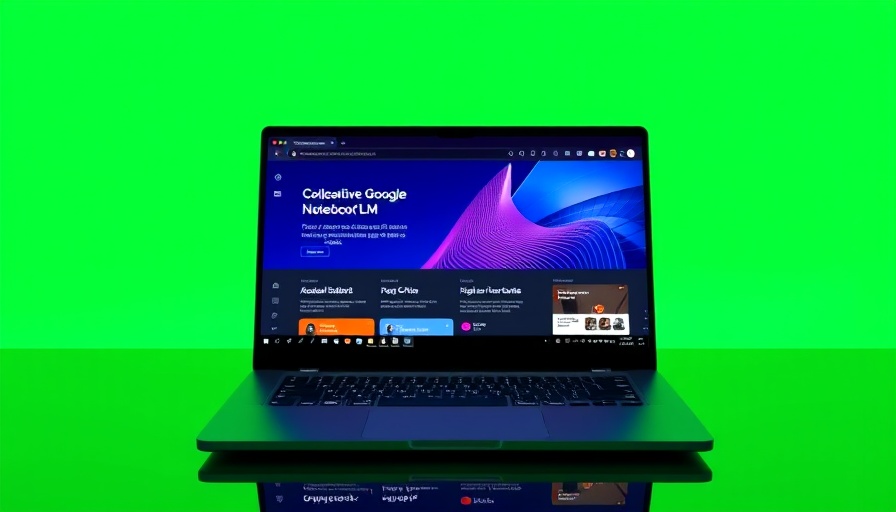
Gemini's Emergence: What It Means for Android Users
Google has announced that its new AI assistant, Gemini, is set to replace the classic Google Assistant on most Android phones. This transition is not just a minor update; it's a significant shift in how users will interact with their devices. Gemini, which has already been integrated into high-end Android products, is designed to provide a more intelligent and flexible experience compared to its predecessor. As it phases out Google Assistant, questions and concerns inevitably arise about what this means for current users.
The Academic Waiting Game: Legacy Devices and Transition Timelines
Despite the excitement surrounding Gemini, not all Android users will transition immediately. Google has indicated that devices that do not meet Gemini’s minimum requirements—specifically, those with less than 2GB RAM or running on Android 9 or older—will still retain access to Google Assistant for the time being. This decision is particularly relevant for owners of older smartphones, highlighting a practical gap that could leave some users feeling marginalized in an increasingly competitive tech landscape.
Compatibility Beyond Phones: A Broader Ecosystem Shift
Beyond just mobile devices, Google plans to upgrade a variety of other tech products, including tablets, vehicles, headphones, and smart home devices like speakers and TVs. This broader strategy aims to create a consistent and seamless assistant experience powered by Gemini across all platforms, a move that could bolster Google’s position against rivals like Amazon’s Alexa and Apple’s Siri.
Gemini's Advanced Capabilities: How Does It Differ from Google Assistant?
The shift from Google Assistant to Gemini isn’t purely aesthetic. As noted in Google’s announcement, Gemini is engineered to be far more intelligent and less rigid. It promises enhanced features such as Gemini Live for dynamic conversations and Deep Research capabilities that transform it into a personal research assistant. These advancements represent a fundamental reimagining of what a digital assistant can do, encouraging users to explore new functionalities that were previously unavailable through Google Assistant.
Future Predictions: The Impact on User Engagement and Productivity
With Gemini entering the assistant landscape, experts suggest that user engagement could see a significant uptick. The new features designed to make interactions more natural and user-friendly align with growing expectations for technology that enhances productivity and creativity. As Gemini evolves, it is likely to foster new workflows and improve how business professionals interact with their devices—potentially reshaping productivity standards in the process.
Preparing for Tomorrow: Actions Users Should Consider
For those navigating the transition from Google Assistant to Gemini, staying informed and prepared is crucial. Users should familiarize themselves with the upcoming features of Gemini and consider which devices they may need to upgrade in order to take full advantage of this cutting-edge assistant. Additionally, embracing this change early can help professionals streamline their workflows and maximize the efficiency of their interactions with technology moving forward.
As digital assistants become increasingly integrated into our daily lives, the evolution of tools like Gemini highlights the importance of adaptability in the tech-savvy landscape. Don’t miss out on the advantages of understanding these developments—take charge of your tech journey!
 Add Row
Add Row  Add
Add 




 Add Row
Add Row  Add
Add 

Write A Comment